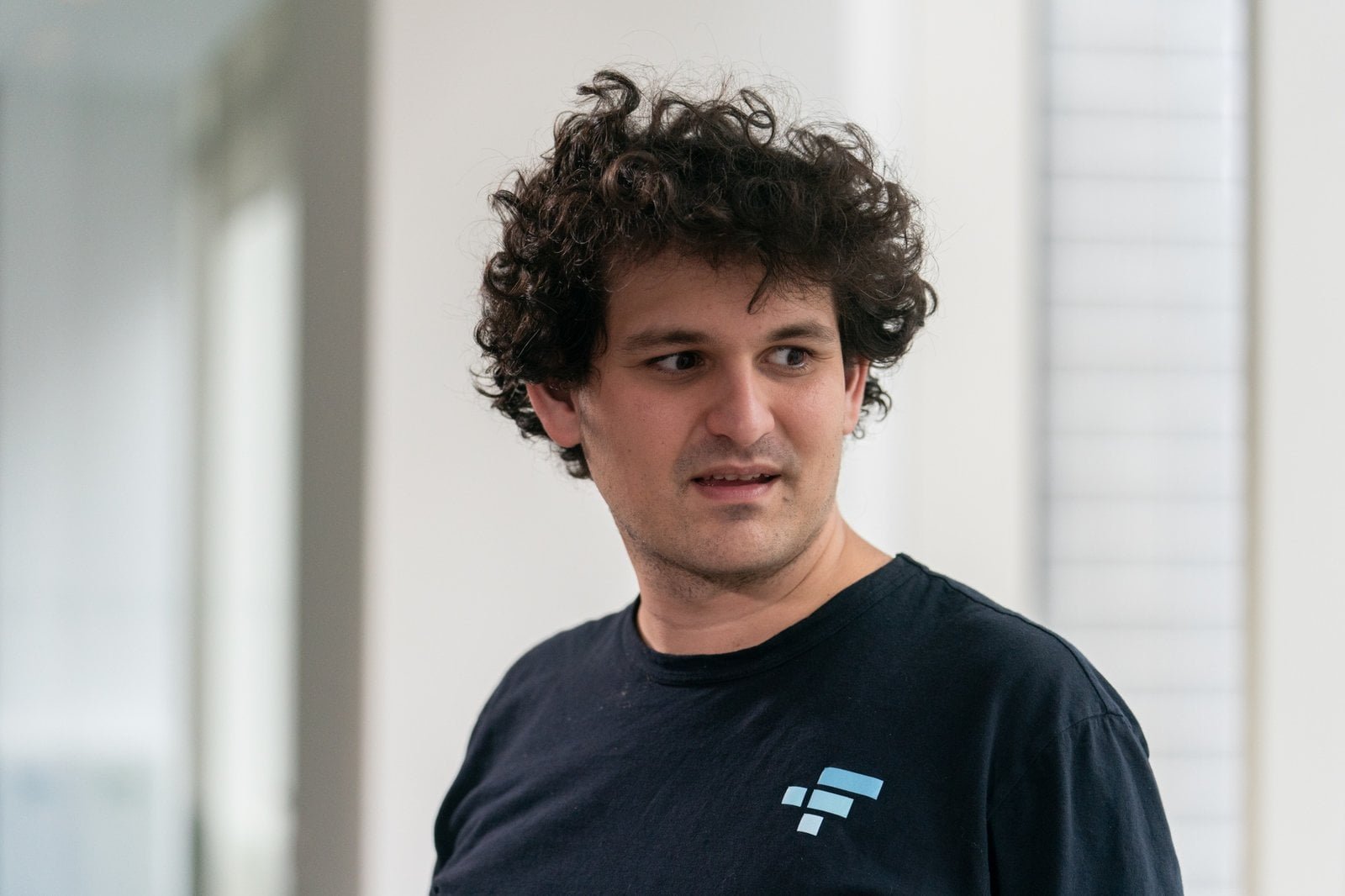Sam Bankman-Fried Faces New U.S. Indictment Over Chinese Bribery Charge – On Tuesday, U.S. prosecutors issued a new indictment against Sam Bankman-Fried, the founder of FTX crypto exchange, which includes an additional bribery charge alongside the 12 other charges he already faces. Bankman-Fried, who previously served as FTX CEO, was arrested last year and released on bond, but the details of his release have been the subject of ongoing discussions between his defense team and the prosecutors.
The latest indictment accuses Bankman-Fried of trying to bribe one or possibly multiple Chinese government officials in an attempt to unfreeze specific accounts, in addition to charges of fraud, conspiracy, and attempting to evade U.S. campaign financing laws.
People Also Read: Arrested Bitzlato Exchange Founder Seeks Help From Crypto Community
“In or about November 2021, Samuel Bankman-Fried, a/k/a ‘SBF,’ the defendant, and others directed and caused the transfer of at least approximately $40 million in cryptocurrency intended for the benefit of one or more Chinese officials in order to influence and induce them to unfreeze the Accounts,” the indictment reads.
According to a letter addressed to the federal district court judge presiding over the case, an indictment was returned by the grand jury on March 27th. “The S5 Indictment, which was unsealed, includes the twelve counts contained in the S3 Superseding Indictment, as well an additional count for conspiracy to violate the anti-bribery provisions of the Foreign Corrupt Practices Act (‘FCPA’),” the letter said.
According to the letter, Bankman-Fried still faces arraignment for five out of the 13 charges against him. In addition, on Tuesday, U.S. District Judge Lewis Kaplan made changes to Bankman-Fried’s bail conditions, specifically regarding his use of electronic devices.
Under the new restrictions, Bankman-Fried is prohibited from communicating with former employees of FTX or Alameda Research, FTX’s trading arm, except when his counsel is present. He is also not allowed to use any encrypted or temporary messaging or calling applications, such as “Signal.”
He has been restricted to using a new laptop or phone, which can only access around 40 websites approved for his defense or personal use, as long as they do not pose a risk to the community. The approved websites include major newspapers and crypto publications. His new laptop will have software that prevents the transfer of data to or from the device through USB storage and tracks his activity.
People Also Read: Terraform Labs CEO Do Kwon Faces Extradition to South Korea
He will only be able to use voice calls and SMS text messages on his new smartphone. He is required to surrender his old devices to his attorneys, who will remove them from his home. To meet with visitors, he must coordinate with his defense attorneys, who will ensure that a security guard screens for unauthorized electronic devices using a handheld metal detector. A pre-trial conference is scheduled for March 30 at 11:00 a.m. Eastern Time.




